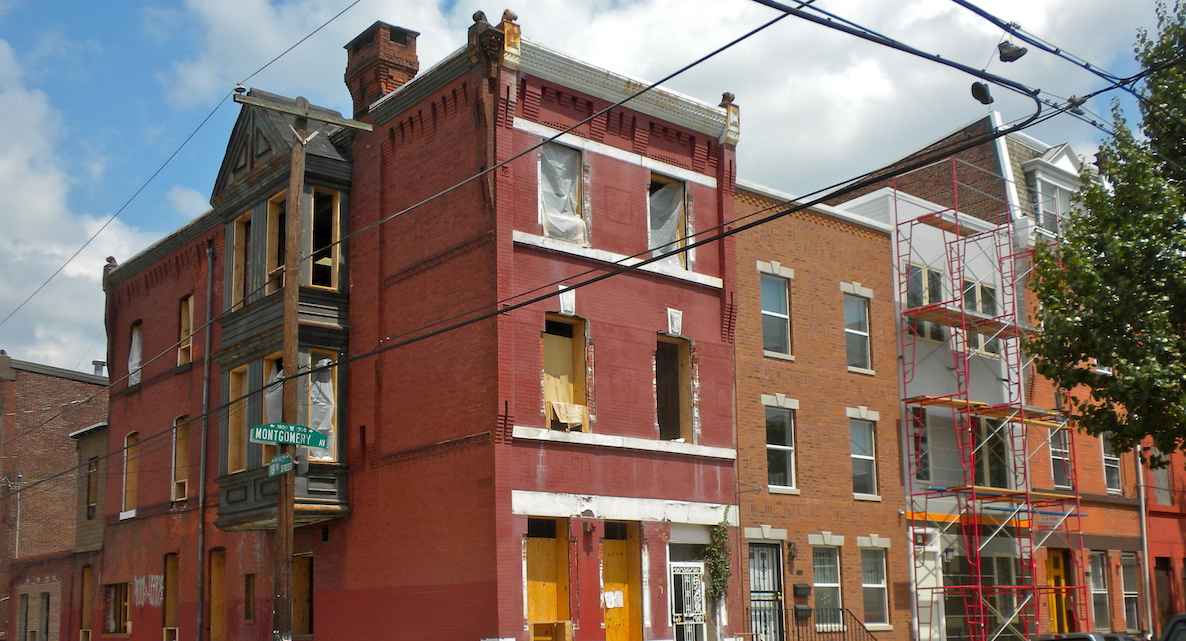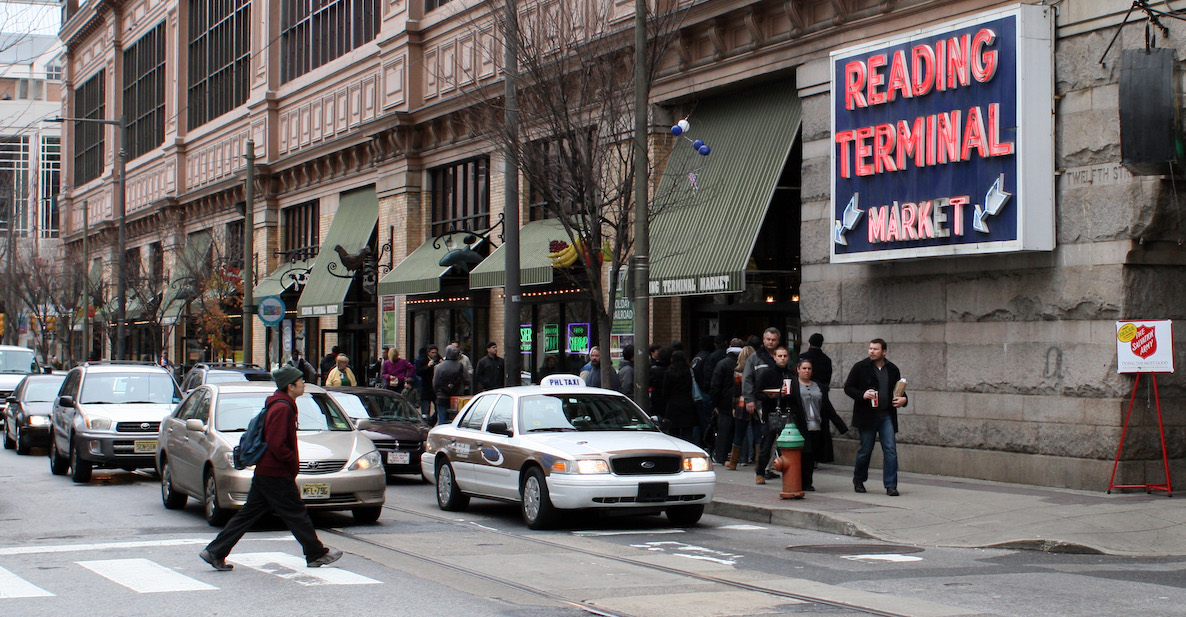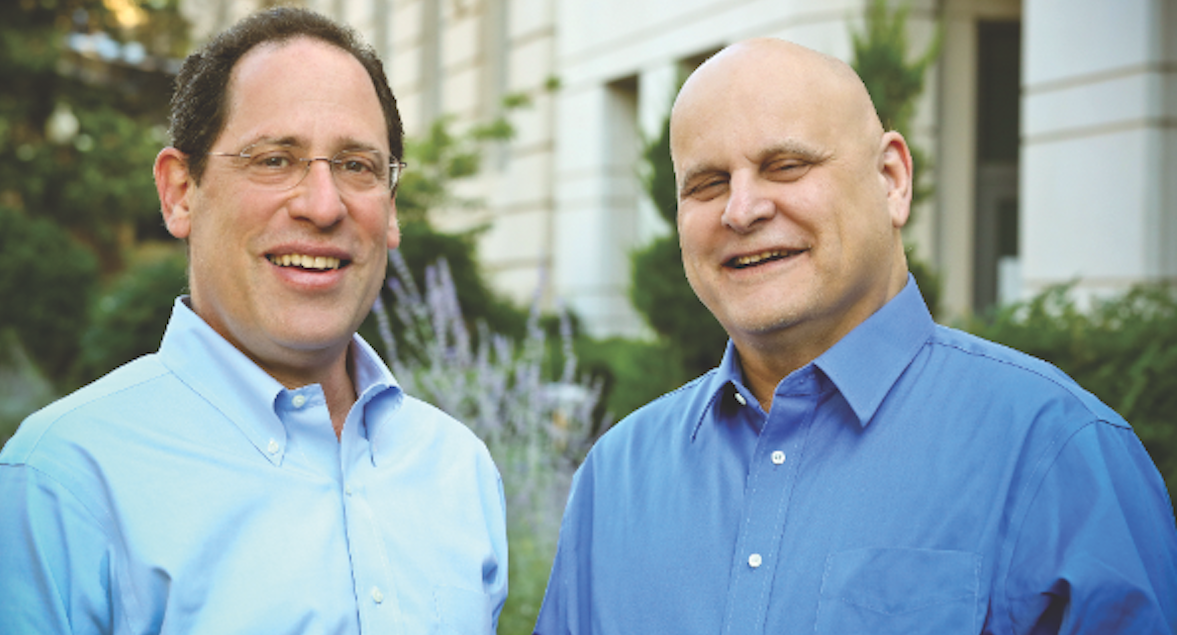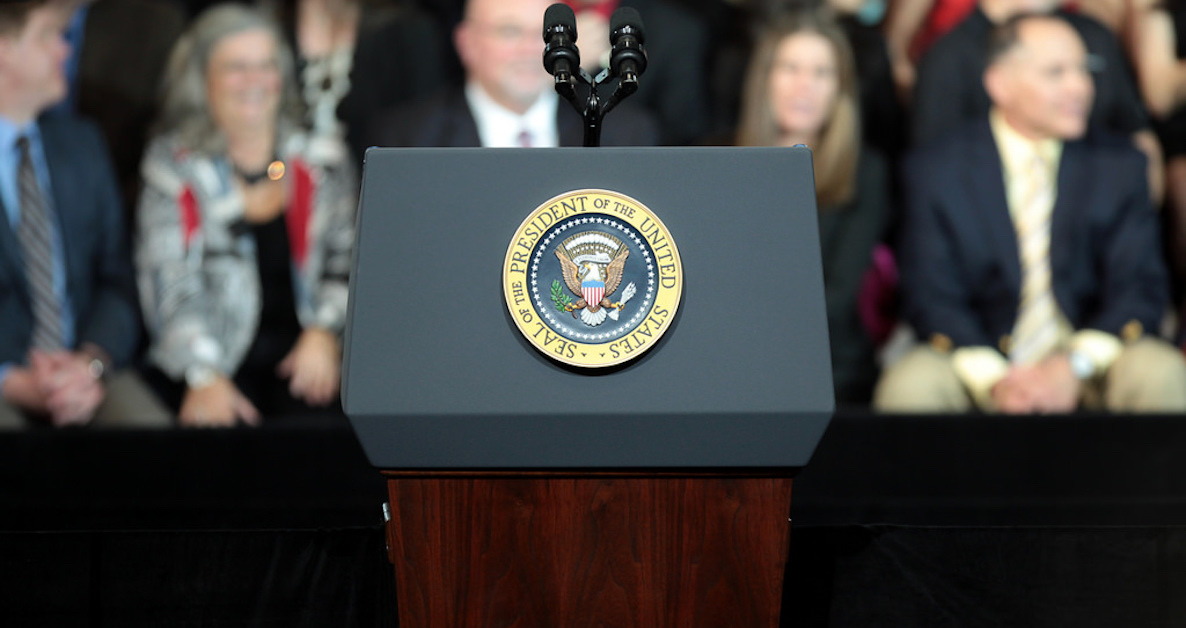In the past week, there has been a flurry of articles about mayors (and former mayors) running for president. The announcements of South Bend Mayor Pete Buttigieg and former San Antonio Mayor Julian Castro (and the likely announcements of former mayors like Senator Cory Booker and (former) Colorado Governor John Hickenlooper) have clearly captivated the media.
At the outset, we should not be surprised by the prospect of City Hall occupying the White House. As Jeremy Nowak and I are argued in The New Localism, cities have emerged as the vanguard of problem solving in the United States and beyond. That is partly because higher levels of government have become mired in partisan rancor, incapable at times of even performing basic functions, and partly because networked societies demand and enable multi-sectoral and interdisciplinary forms of problem solving that are customized to local needs, opportunities and challenges.
Mayors excel in this environment, both because cities are networks, not governments and mayors possess a form of soft power that enables them to convene local stakeholders around pressing issues. The federal government (and state governments) feel very 20th century with their specialized agencies and formalistic, awkward attempts at cross-agency collaboration. The shift towards cities and metropolitan areas seems natural and organic, more a structural shift rather than a cyclical aberration.
The federal government (and state governments) feel very 20th century with their specialized agencies and formalistic, awkward attempts at cross-agency collaboration. The shift towards cities and metropolitan areas seems natural and organic, more a structural shift rather than a cyclical aberration.
Yet it is critical that the coverage of mayoral presidential candidates not take the normal horse-race course, focusing on personalities rather than policies. The issue is not just how the qualities of local leadership and individual candidates might change the modus operandi of the national government (e.g., more problem solving, less ideological posturing). Rather, the challenge is how to use what we have learned from hard-earned local solutions to catalyze not only a new kind of federal policymaking but also a new burst of federalist and multi-sectoral action.
Vote in 2019 and 2020Do Something
Here is one idea for how we might wisely use 2019 to prepare for 2020. The evolution of Opportunity Zones offers a vehicle for practice-led policy making. They are generating in real time new thinking about what it takes to reduce spatial disparities across and within urban, suburban and rural areas as well as enhance work, raise incomes and build wealth. 8700+ Opportunity Zones, given their geographic and market diversity and socio-economic profiles, provide a solid platform for experimentation and rapid learning.
Here are a just few things that could emerge.
Opportunity Zones force us to think about instruments that could unlock public, private and civic capital for the investments we know we need to make in our people and places. The federal Opportunity Zone tax incentive itself needs some rejiggering to enable more seamless, less tortured financing of small businesses. The Opportunity Zone inspired “capital stacks” (i.e., a mix of debt, subsidy and equity) being formed around workforce housing, commercial real estate in low-income neighborhoods, small business (and minority-owned business in particular) and clean energy (just to name a few) will also necessitate and create new market products. It could accelerate and routinize the nascent impact investing field and force more clarity and uptake in next generation local instruments (e.g., green bonds).
The 2020 election will be a monumental test for our country. Let’s use this period to generate new ideas for effective instruments, intermediaries and institutions. In other words, lets arm the next President, mayor or not, with the locally generated solutions that the national government needs to succeed.
Opportunity Zones compel us to stand up new intermediaries that can build the capacity of local practitioners so that transformative investments can be seamlessly designed, financed and delivered. The next President will clearly need to rebuild the capacity of the federal government; it is a former, weakened shell of itself. A smart, capable, energized federal service is needed to be a strong partner with local communities as well as oversee the necessary regulatory functions that the federal government must exercise with regard to financial institutions as well as fair housing and environmental compliance.
Articles by Bruce KatzRead More
Yet the real capacity needs are in the country. Most communities, particularly small ones, simply do not have sufficient numbers of individuals in public, private and civic positions with the knowledge and expertise to get deals done. In the 1990s, the federal government worked with major philanthropic and financial institutions to form the National Community Development Initiative (now Living Cities), and strengthen the capacity of our affordable housing intermediaries, LISC and Enterprise. We now need new federalist partnerships to bring promising intermediaries like Fuse Corps to full scale so that they can service thousands of communities that need the help. And we need federal support for multi-city consortia that can help ensure that new economic development practices can become the norm rather than the exception. As Luise Noring has written, a close examination of the consortia that already empower communities in countries like Denmark and Sweden is critical to this effort.
Finally, Opportunity Zones require us to create and capitalize new institutions that can deploy capital at scale in sustained ways. As the Rockefeller Foundation’s Agnes Dasewicz recently asked in a recent Rocky Talks episode, “Isn’t it ironic that we do not have an institution focused on catalyzing capital to U.S. neighborhoods that need it most?” Agnes is offering institutional solutions based on how the international community helped lift people out of poverty in post-Soviet Eastern Europe and through aid and investment in Africa.
Yet institution building must also occur locally and be supported nationally. As Ross Baird and I have written, we need a new generation of community development institutions that can pursue development, enable finance, grow local entrepreneurs, unlock public assets and upgrade the skills of local residents. Most existing community institutions simply do not have the capacity or capital to get the job done. As we create, repurpose and replicate new community institutions, an intense focus on cooperative ownership models is necessary to ensure that wealth can be built rather than extracted.
The 2020 election will be a monumental test for our country. Each of us, no doubt, will be mesmerized by the theater and (hopefully) galvanized by what is shaping up to be a strong group of worthy candidates. But let’s use this period to generate new ideas for effective instruments, intermediaries and institutions, based on what we have learned on the ground. In other words, lets arm the next President, mayor or not, with the locally generated solutions that the national government needs to succeed.
Bruce Katz is the director of the new Nowak Metro Finance Lab at Drexel University, created to help cities design new institutions and mechanisms that harness public, private and civic capital for transformative investment.
Photo via Flickr






